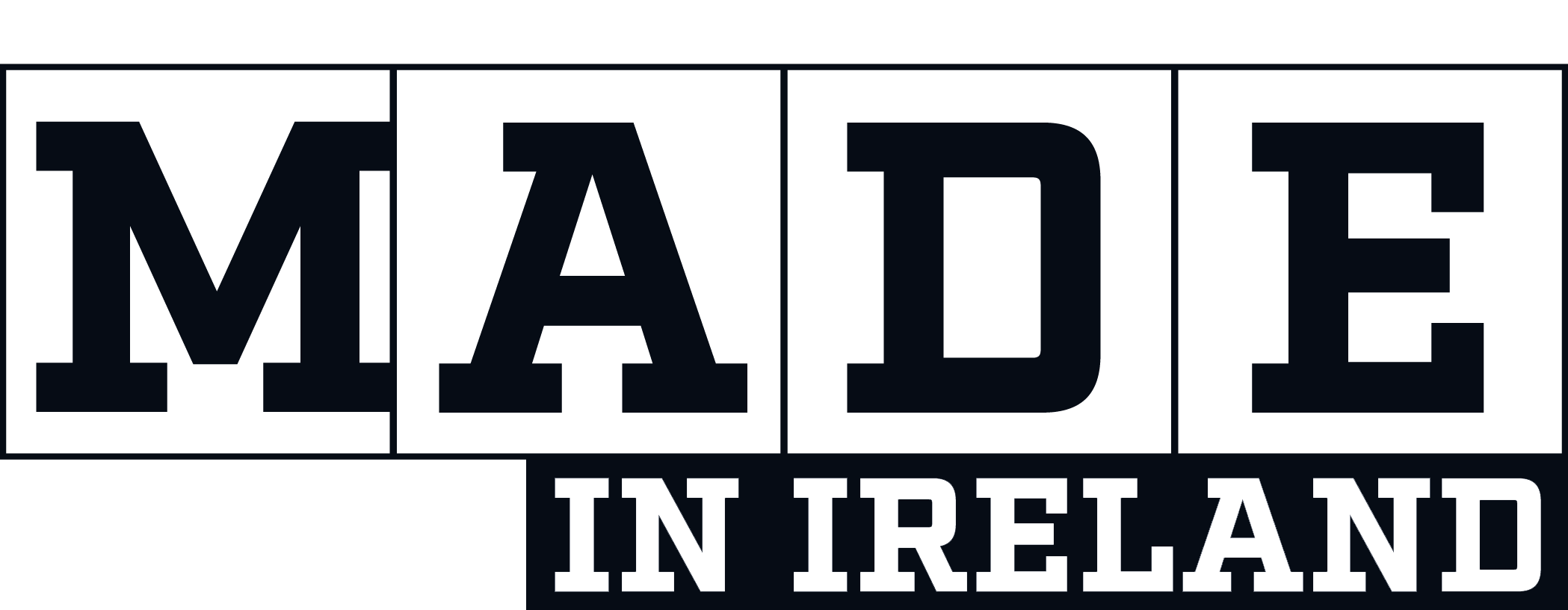The company points to one of its customers in Ireland, a particularly forward-looking subcontractor specialising in the medical sector, Smithstown Light Engineering, which has built its success partially on the installation of 24 Cincom L12 lathes at one of its two factory units in Shannon. The major investment followed Smithstown's receipt of a contract from a multinational medical firm for machining millions of endoscopic device components from 303 stainless steel bar in multiple variants of two types.
Managing Director Gerard King, who identified the business opportunity, machined sample parts on a 20 mm bar capacity Cincom L20 installed to fulfil another contract for turning a 316 stainless steel spindle for a medical delivery device. To develop the process further, he decided to buy on-spec a 12 mm bar capacity Cincom L12, which is of more appropriate size for producing the endoscope parts in short cycle times. Further successful trials continued with the assistance of applications engineers at Citizen Machinery UK's Bushey and Brierley Hill technical centres, where programs were optimised, and early samples were machined.
Mr King commented, "The lead-time from the customer signing the contract and our shipping the first parts in production quantities was five months. Citizen supported us well during this ramp-up phase and all of the L12s were soon operating 24/7.”
He added that the Cincom L12s are so accurate, being easily able to hold dimensions to within 5 microns, that with the relatively open tolerances on the endoscope component drawings, a process performance in excess of Ppk 2 is being achieved, better than the Ppk 1.33 stipulated. It means that there is never a need to chase tolerance, so fewer operators can attend the 24 bar autos is than would otherwise be needed.
All of the latest sliding-head lathes are equipped with Citizen's patented LFV (low frequency vibration) software, part of the control's operating system that assists chip breaking when machining materials that tend to generate long, stringy swarf when they are being turned.
In conclusion Mr King said, "More than one-third of a billion endoscopies are performed every year around the world and we are currently manufacturing about 2.5 per cent of the associated consumables at the premium end of the market.
"While medical devices for endoscopy constitute around two-fifths of our turnover, we are also very active in machining coronary delivery devices as well as cobalt chrome implants, with trials in titanium currently in progress, so future projects could involve any of these."










